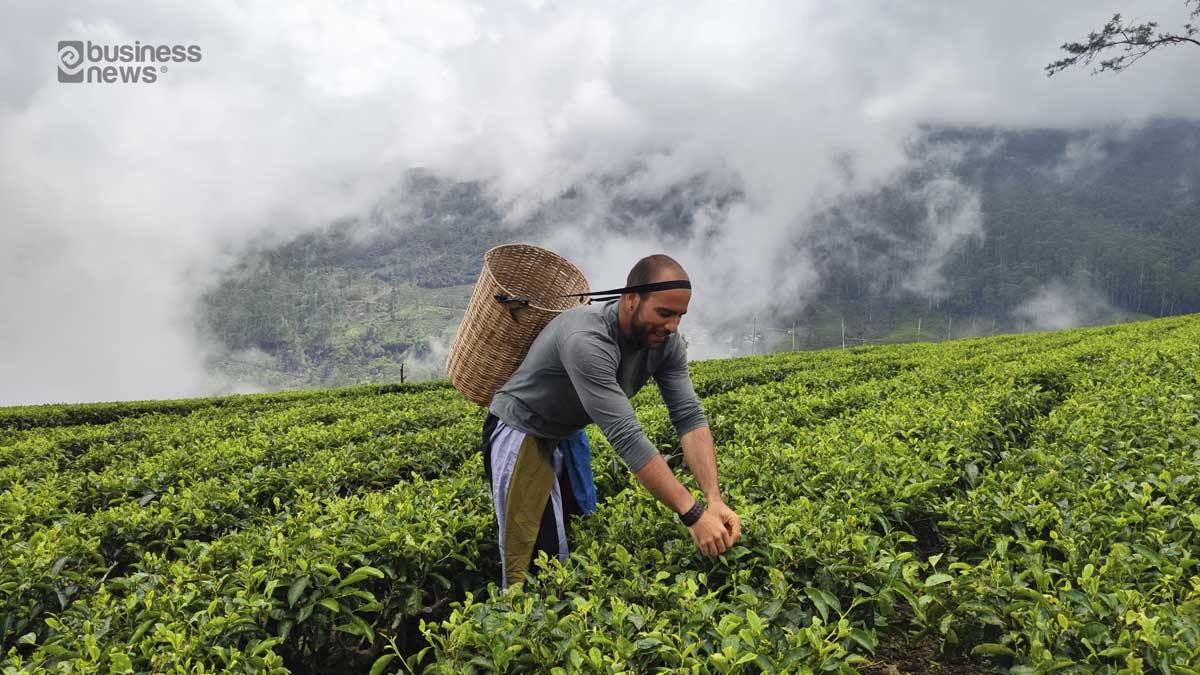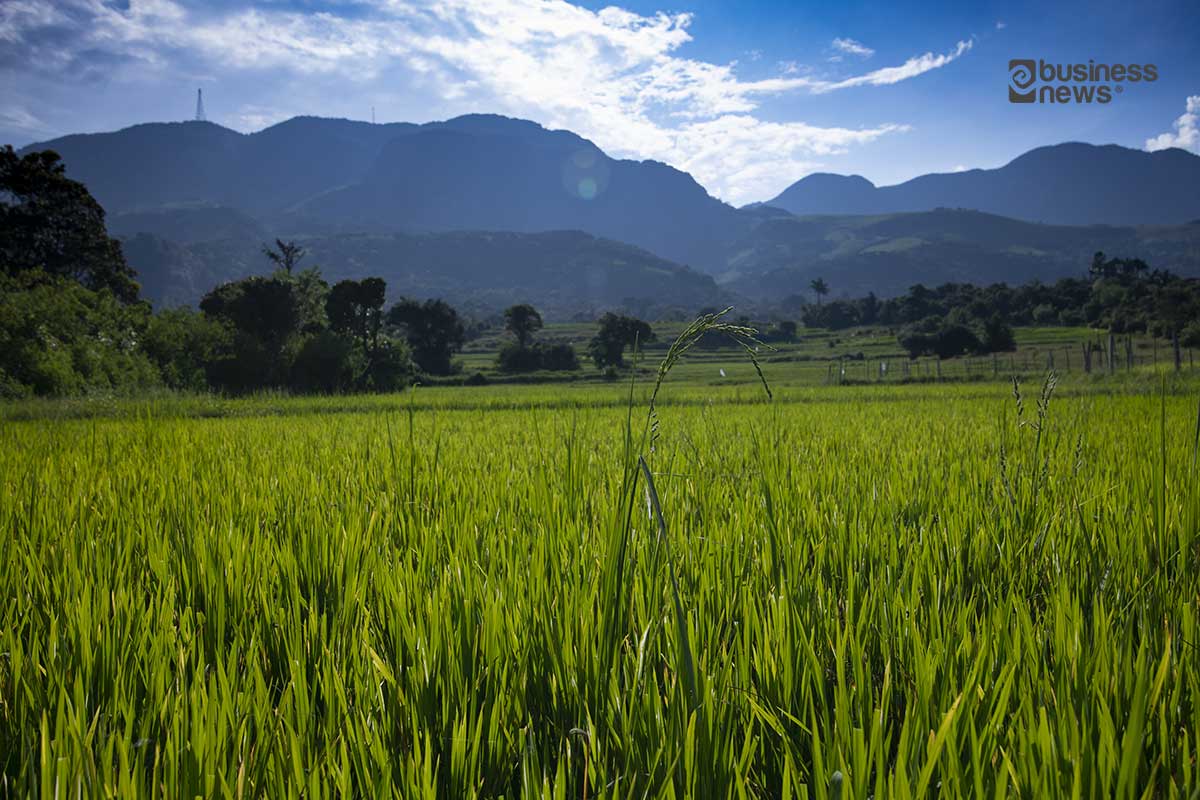
What is Agrotourism?
Agrotourism is a form of tourism that focuses on showcasing and experiencing rural life, agriculture, local culture, and heritage (Vishwanath et al., 2022). It involves activities such as farm visits, agricultural demonstrations, local food tasting, and interacting with farmers and rural communities. Agrotourism allows tourists to have an authentic and immersive experience of the agricultural sector, generating extra income for farmers and rural people while benefiting the local economy and creating opportunities for cultural exchange. In today’s modern tourism business, the agrotourism sector has gained significant attention and importance. This growth can be attributed to several factors.
Firstly, there is a growing demand among travelers for unique and authentic experiences. Agrotourism provides an opportunity for tourists to escape from the hustle and bustle of urban life and connect with nature, experience traditional farming practices and understand the importance of sustainable agriculture.
Secondly, the rise of eco-tourism and sustainable travel has contributed to the popularity of agrotourism. Travelers are now more conscious of their environmental footprint and seek tourism experiences that have minimal impact on the environment and support local communities. Agrotourism fits perfectly within this framework, as it promotes sustainable farming practices, supports local farmers, and offers a chance to learn about agriculture’s relationship with the environment.
Finally, the economic impact of agrotourism cannot be overlooked (Mardiany et al., 2020). It provides an additional source of income for farmers and rural communities, helping to diversify their revenue streams and reduce their reliance on traditional agricultural practices. Additionally, the agrotourism sector has the potential to contribute to rural development by creating job opportunities and stimulating local businesses, such as accommodation providers and local food producers .

What measures been taken in Sri Lanka to Promote Agrotourism?
In Sri Lanka, several measures have been taken to promote agrotourism and harness its potential for economic development (Gunasekara & Silva, 2021).
These measures include:
- The establishment of agrotourism destinations and infrastructure: The government has identified potential agrotourism sites and developed them into tourist attractions by providing necessary facilities and infrastructure such as transportation, accommodation, and information centers. Some examples are the development of the Pinnawala Elephant Orphanage and the Sigiriya Rock Fortress as agrotourism destinations.
- Capacity building and training: The government has invested in training programs and workshops to educate local farmers and communities about agrotourism practices, sustainable farming techniques, and hospitality management. These training programs aim to enhance the skills and knowledge of individuals involved in agrotourism, thus improving the quality of experiences offered to tourists.
- Marketing and promotion: Sri Lanka has actively marketed itself as an agrotourism destination, both domestically and internationally. The government has collaborated with tourism boards, travel agencies, and local communities to create promotional campaigns highlighting the unique agrotourism experiences available in Sri Lanka, such as tea plantation tours, spice garden visits, and organic farm stays.
- Government support and incentives: The government has implemented policies and provided financial incentives to encourage the development of agrotourism. These include tax benefits, low-interest loans, and grants for agrotourism projects.
- Public-private partnerships: The government has worked closely with private sector stakeholders, including farmers and local communities, to foster collaboration and joint initiatives in agrotourism development. These partnerships have resulted in the establishment of agrotourism cooperatives, joint marketing efforts, and shared resources, thereby creating a more sustainable and inclusive agrotourism industry. The development of agrotourism has also gained support from various academic studies and research findings.
- Environmental conservation and sustainability: The government has implemented measures to ensure that agrotourism activities are carried out in an environmentally friendly and sustainable manner. These measures include the promotion of organic farming practices, the conservation of natural resources and biodiversity, and the implementation of waste management systems.

What are the best places to experience Agrotourism in Sri Lanka for Tourists?
Some of the best places to experience agrotourism in Sri Lanka for tourists include:
- The Nuwara Eliya region, known for its tea plantations and scenic landscapes. Tourists can visit tea estates, learn about the tea-making process, and even participate in tea plucking activities.
- The Kandy district, which is famous for its spice gardens. Tourists can explore the aromatic spice gardens, learn about different spices and their cultivation, and even participate in cooking demonstrations using fresh spices.
- The Sigiriya region, where visitors can experience organic farming practices and learn about traditional agricultural methods. They can also visit local farms and participate in activities such as planting and harvesting crops, animal feeding, and traditional cooking demonstrations.
- The Dambulla region, known for its fruit orchards and vegetable gardens. Tourists can visit these farms, learn about organic farming practices, and have the opportunity to pick fresh fruits and vegetables.
- The Haputale region, which is known for its scenic beauty and terraced vegetable farms. Tourists can visit these farms, learn about sustainable farming practices, and enjoy the breathtaking views while engaging in activities like vegetable harvesting and farm-to-table experiences. Additionally, the Ella region is another popular destination for agrotourism in Sri Lanka.
- The Ella region is another popular destination for agrotourism in Sri Lanka. Tourists can explore the tea plantations in Ella, visit local organic farms, and participate in activities such as tea plucking and learning about the tea making process.
- Galle, located in the southern part of Sri Lanka, is another great destination for agrotourism. Tourists can visit the cinnamon plantations in Galle, learn about the cultivation and processing of cinnamon, and even participate in activities like cinnamon peeling and spice blending.
- Anuradhapura, an ancient city in Sri Lanka, is also a great place for agrotourism. Tourists can explore the ancient irrigation systems and reservoirs, visit rice fields and learn about traditional rice cultivation methods, and even participate in paddy field viewing.
- The Polonnaruwa region, known for its paddy fields and ancient agricultural practices. Tourists can visit the paddy fields in Polonnaruwa, learn about ancient irrigation systems and agricultural techniques, and even participate in activities such as rice planting and harvesting.
- Mirissa beach, known for its beautiful coastline and seafood. Similarly the southern low grown tea region, particularly in areas like Matara and Galle, offers tourists the opportunity to visit tea estates, learn about tea cultivation and processing, and even taste freshly brewed tea. Silver tips and Golden tips are some of the popular tea varieties produced in this region.
As a country with a rich agricultural heritage, Sri Lanka offers a multitude of agrotourism opportunities for visitors to explore and engage with. Experiences such as spend a night closer to paddy field, on a tea garden, or in a rural farm stay can provide tourists with a unique and immersive experience of the local culture and way of life. There are many cultures to discover through agrotourism in Sri Lanka, such as the ancient irrigation systems and traditional farming techniques, different cooking methods and traditional crafts like pottery and basket weaving.
Tourists love to mingle with local communities to learn about their agricultural practices and traditions, as well as to support local economies. These experiences are not only educational but also contribute to the preservation and promotion of traditional agricultural practices.
As promoters of tourism it is vital for travel agencies and tour operators to promote and include agrotourism destinations in Sri Lanka in their packages and at the same time the service providers, accommodation providers need to ensure that they provide authentic agrotourism experiences and incorporate cultural resources.
Agrotourism could be a unique opportunity for Sri Lanka to showcase its agricultural heritage, promote rural development, and contribute to sustainable tourism practices and to position as a premier agrotourism destination in the world. Even though the demand is growing, it is important to ensure that agrotourism in Sri Lanka is developed and managed sustainably, with proper considerations for the environment and the well-being of local communities .
In conclusion, agrotourism in Sri Lanka provides an opportunity for tourists to engage with local communities, experience traditional agricultural practices, and support local economies.
References
- Gunasekara, I., & Silva, S. (2021, September 30). Agro-Tourist Satisfaction in Sri Lanka: With Special Reference to Tourist Socio-Demographic and Destination Characteristics. https://scite.ai/reports/10.35912/joste.v3i1.1230
- Mardiany, M., Kusuma, Z., Rayes, M L., & Hakim, L. (2020, June 29). Indigenous Knowledge-based Agrotourism in the Dayak Kenyah Community in Pampang Village, Samarida, East Kalimantan. https://scite.ai/reports/10.21463/jmic.2020.09.1.07
- Vishwanath, H., Suresha, S V., Manjuprakash, .., & Savitha, C M. (2022, November 5). A Study on Challenges and Suggestions of Farmers to Promote Agro Tourism Centres in Karnataka State in India. https://scite.ai/reports/10.9734/ijecc/2022/v12i111419



